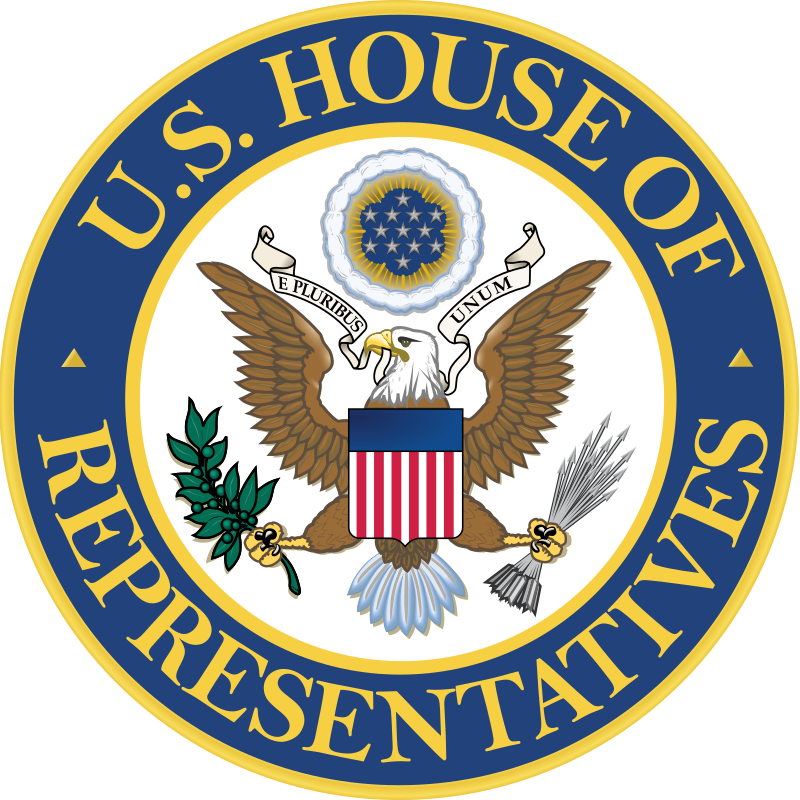![]()

Today, Rep. Adrian Smith (R-NE) and Rep. Chuck Edwards (R-NC) introduced the IRS Overreach Prevention Act. The legislation would prohibit the IRS from continuing or developing a successor to its in-house Direct File pilot program.
The members released the following statements:
“Since Democrats supersized IRS funding in 2022, the Biden-Harris Administration has been steadily moving toward its goal of comprehensive monitoring over the personal finances of Americans. The Direct File program is part and parcel of this scheme, and last month’s TIGTA report revealed IRS refused to set numerical benchmarks to evaluate the results of its unauthorized pilot,” said Rep. Smith. “The last thing American taxpayers need is an IRS with expanded ability to predetermine what tax they owe and burden them with audits. This bill directs IRS to drop the program, which lacks both measurable success and statutory authority, and focus on better serving hard-working Americans.”
“With a national debt at $34 trillion and counting, American taxpayers deserve transparency and accountability on how their hard-earned taxpayer dollars are spent,” said Rep. Edwards. “Reports of inaccurate data surrounding the cost and benefit of the IRS’ Direct File program coupled with actual usage rates demonstrate that the Free File program, which was used 17 times more than Direct File in pilot states, sufficiently addresses the need for free, tax filing software without federal government intervention. The IRS Overreach Prevention Act will prohibit the government from wasting funds on the Direct File program which has proven to be unnecessary and a waste of tax dollars.”
Cosponsors of the bill include Reps. Don Bacon (R-NE), Kevin Hern (R-OK), Carol Miller (R-WV), Guy Reschenthaler (R-PA), Greg Steube (R-FL), Claudia Tenney (R-NY), and Steve Womack (R-AR).
Read the text of the bill here.
BACKGROUND:
In January 2023, Reps. Adrian Smith and Michelle Steel’s (R-CA) bill to repeal the Biden Administration’s $80 billion IRS expansion, the Family and Small Business Taxpayer Protection Act, became the first bill passed by the House in the 118th Congress. That bill would have also repealed the IRS’s controversial initial study of providing direct file services.
In April 2024, Smith led his Ways and Means Committee colleagues in writing to the House Appropriations Committee asking them to defund the Direct File program in FY 2025.
In June 2024, Smith led Ways and Means colleagues in sending a letter to Commissioner of the Internal Revenue Service Daniel Werfel raising concerns about IRS’ announced expansion of the Direct File program and asking Commissioner Werfel to respond to questions regarding statutory authority and the origin of funds allocated for development and advertisement of the program.
